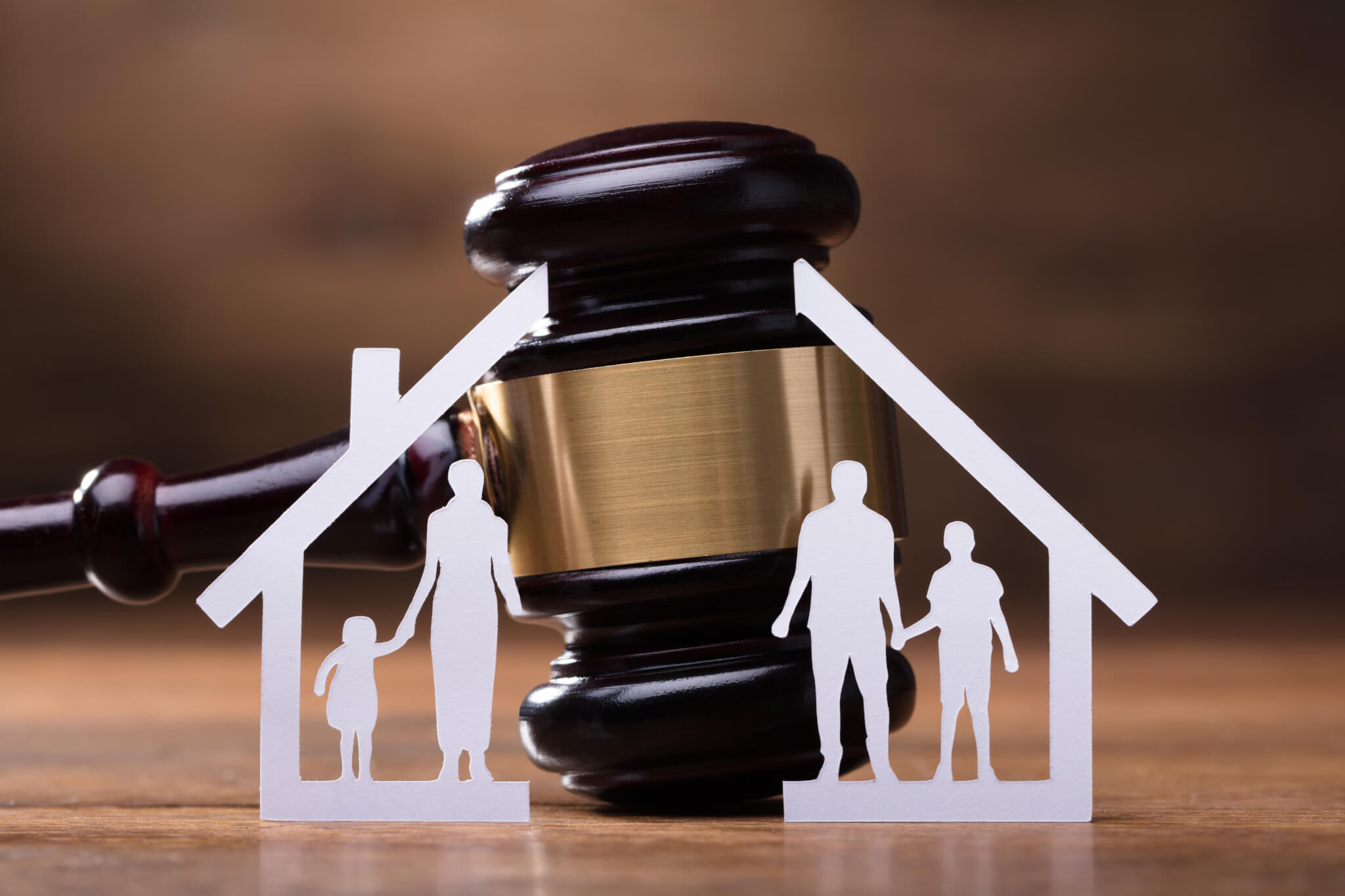- HOME
- PSYCH SERVICES
- BUSINESS & PERFORMANCE PSYCHOLOGY
- CLINICAL, COUPLES, & FAMILIES
- ADHD Treatment & Evaluation Services
- Anger Management
- Anxiety Treatment & Evaluation Services
- Borderline Personality Treatment Services
- Cognitive Behavioral Therapy (CBT) Self-Help
- Couples Counseling and Marital Therapy
- Consent for Psychological Services for Minors Post-Divorce
- Depression Treatment Services
- Infidelity Recovery
- Jacksonville Counseling and Psychology
- Military Psychology & Tricare
- Narcissistic Personality Treatment Services
- Online Counseling
- Psychoeducational Testing
- Psychological Testing and Assessment
- Psychotherapy & Counseling
- FORENSIC PSYCHOLOGY & EXPERT TESTIMONY
- LIFE COACHING & EXECUTIVE COACHING
- PSYCHOLOGICAL PUBLIC DISABILITY QUESTIONNAIRES (DBQ)
- ONLINE COURSES
- Our Partnership Begins When You Purchase an Online Course
- Get to Know Dr. D’Arienzo, Relationship Expert
- Florida Premarital Preparation Online Course
- Georgia Premarital Education Online Course
- TwogetherinTexas Premarital Online Course
- Tennessee Premarital Preparation Online Course
- Minnesota Premarital Education Course Online
- Oklahoma Premarital Counseling Online Course
- South Carolina Premarital Preparation Course
- West Virginia Premarital Education Course
- Online Marriage and Relationship Tune Up Course
- Florida DCF Certified Parent Education and Family Stabilization Online Course
- Georgia Qualified Parent Education and Family Stabilization Online Course
- Texas Qualified Parent Education and Family Stabilization Online Course
- High Conflict Co-Parenting Online Certificate Course (8 Hours)
- Online Anger Management Four Hour Course (Level 1)
- Online Anger Management Eight Hour Course (Level 2)
- Sexual Harassment Online Training
- MMPI/GUARD/LEO
- CPI Police and Public Safety Assessment
- G License Psychological Testing
- Online Psychological Testing for Armed Security Guards and Personal Protection Officers
- MMPI Texas Level III CSO and IV PPO Psychological (ONLINE)
- Requirement for Texas Security License Applicants: MMPI Evaluation
- Level 3 Security Guard New Mexico Online MMPI Psychological Evaluation
- TEAM
- SOCIAL MEDIA/BOOKS
D'Arienzo Psychology Blog
Maintaining Friendships Amidst Divorce: A Manual for Avoiding Friend-Picking

Posted by: Dr. Justin D'Arienzo, Psy.D., ABPP
During a divorce, emotional challenges can make friends feel pressured to choose sides. However, with the right approach and empathy, this stress can be avoided. Open, honest communication is key, as is avoiding negative discussions about your ex in friends’ presence. Seeking professional counseling can be beneficial. Emphasizing empathy, urging mutual friends to continue relationships with both parties, and recognizing one’s role in the divorce can all help ensure friends stay neutral, enabling them to support both parties without feeling divided.
Successful Co-Parenting Techniques When Faced with Parental Alienation

Posted by: Dr. Justin D'Arienzo, Psy.D., ABPP
The article “Successful Co-Parenting Techniques When Faced with Parental Alienation” discusses how co-parenting after separation or divorce can be further complicated by parental alienation – a scenario where one parent manipulates a child to reject the other parent without justifiable cause. The author offers several strategies for navigating this difficult dynamic including understanding parental alienation, encouraging transparent communication, ensuring parenting consistency, refraining from negative remarks about the alienating parent, seeking professional assistance, and prioritizing self care. In conclusion, the article suggests that while co-parenting with a parental alienator is challenging, patience, understanding, and the right strategies can help maintain a loving and meaningful relationship with the child.
Charting Parenting Plans Post-Divorce: A New Roadmap

Posted by: Dr. Justin D'Arienzo, Psy.D., ABPP
This article highlights the importance of crafting a well-structured parenting plan after divorce. It emphasizes the need for strategic planning, effective communication, and a focus on the child’s well-being. The article explains that a parenting plan is a written document that outlines various aspects of parenting, including living arrangements, visitation rights, and decision-making. Research suggests that the primary goal of a parenting plan is to reduce conflict, promote stability, and ensure the emotional well-being of the child. The article emphasizes the significance of maintaining a collaborative and child-centered approach during the planning process. It suggests incorporating the views of children, as studies show that their involvement leads to better adjustment to the changes brought about by divorce. Flexibility is also crucial, as the plan should adapt to the evolving needs of the child. The article highlights the usefulness of digital tools in managing parenting plans, offering examples of applications that facilitate communication and organization. Lastly, the article encourages seeking professional assistance from psychologists, divorce counselors, and mediators to ensure a mutually agreeable co-parenting plan. By prioritizing the child’s needs, promoting open communication, and utilizing available resources, divorced parents can develop a comprehensive parenting plan that serves the best interests of everyone involved.
How do you talk to your children about divorce?

Posted by: Dr. Justin D'Arienzo, Psy.D., ABPP
Talking to your children about divorce can be a difficult and emotionally draining conversation especially as you anticipate having this necessary conversation. However, it is important to approach it in a sensitive and age-appropriate way. Here are some general tips on how to talk to your children about divorce:
Schedule a family meeting: It’s best that both parents schedule a family meeting to talk to the children together. Having a meeting on a Friday evening or Saturday morning is best so the children can emtionally process this difficult situation and understand what the action plan is for the family prior to returning to school on Monday morning. Please note that this meeting should be one meeting of many, and this step should be repeated several times throughout the divorce process.
How to Adjust to the Sudden News of Divorce

Posted by: Dr. Justin D'Arienzo, Psy.D., ABPP
Whether the news of divorce is sudden or not so sudden, there are seven resiliency factors to aid you through this process. These factors contribute to stability for both individuals and families after divorce. If you can identify and grasp these areas to cope with your divorce early on, you will be able to better your parenting and co-parenting skills as well. Dr. D’Arienzo can assist you in finding resilience to become closer to family and friends throughout your divorce process. Take our parent education and family stabilization course or high conflict course to find out more about effective coparenting.
Models and Stages of Divorce

Posted by: Dr. Justin D'Arienzo, Psy.D., ABPP
Divorce shares very similar patters of grief when losing a loved one to death. With the help of Kubler Ross, Paul Bohannan, and Stanley Hagemeyer, a collection of divorce phases has been created to move you through the emotional processes of divorce. Though every divorce is unique, these models lead to a divorcing persons transformation from their married to new independent self. Dr. D’Arienzo, after working with thousands of divorcing and divorced individuals, is able to get you to the point of being adaptable to the single life, independent, and self-supportive. Take one of our divorce courses or high conflict courses to improve your coparenting relationship.
Parent and Family Stabilization Course: How to Communicate with Your Children During a Divorce

Posted by: Dr. Justin D'Arienzo, Psy.D., ABPP
Dr. D’Arienzo is a Board Certified Clinical Psychologist and Divorce Expert. Dr. D’Arienzo developed a fully online Parent and Family Stabilization Course. Dr. D’Arienzo discusses section four of his course: how to communicate with your children about divorce. Purchase our course to ensure that your children survive and thrive during your divorce.
How Do Children React to Divorce?

Posted by: Dr. Justin D'Arienzo, Psy.D., ABPP
If you are going through a divorce with children, you must receive proper co-parenting education. Children of divorced parents are more likely to suffer adverse effects than children with parents that are together. Children with divorced parents are more likely to have mental health issues, engage in risk-taking behaviors, suffer guilty feelings, lose interest in social activities, and lose faith in marriage. Purchase our High-Conflict Co-Parenting Course to learn how parents can work together to protect the well-being of their child(ren).
Consent for Psychological Services for Minors

Posted by: Dr. Justin D'Arienzo, Psy.D., ABPP
Dr. D’Arienzo is a licensed Clinical Psychologist and National Forensic Expert. In this article, he discusses consent for minors regarding healthcare. Dr. D’Arienzo discusses psychological services in divorce and separation cases. It might appear harmless when a divorced parent takes their child to receive psychological services. This can lead to many dilemmas, like parents not agreeing on treatment plans for their child.
How Do You Help Your Children with Divorce?

Posted by: Dr. Justin D'Arienzo, Psy.D., ABPP
How Do You Help Children with Divorce?Daily in my clinical and forensic psychology practice, I am asked how do you help your children with divorce. This question comes from patients and clients that are divorcing as well as their attorneys working with their clients and trying to assist the parties in establishing the best visitation […]




